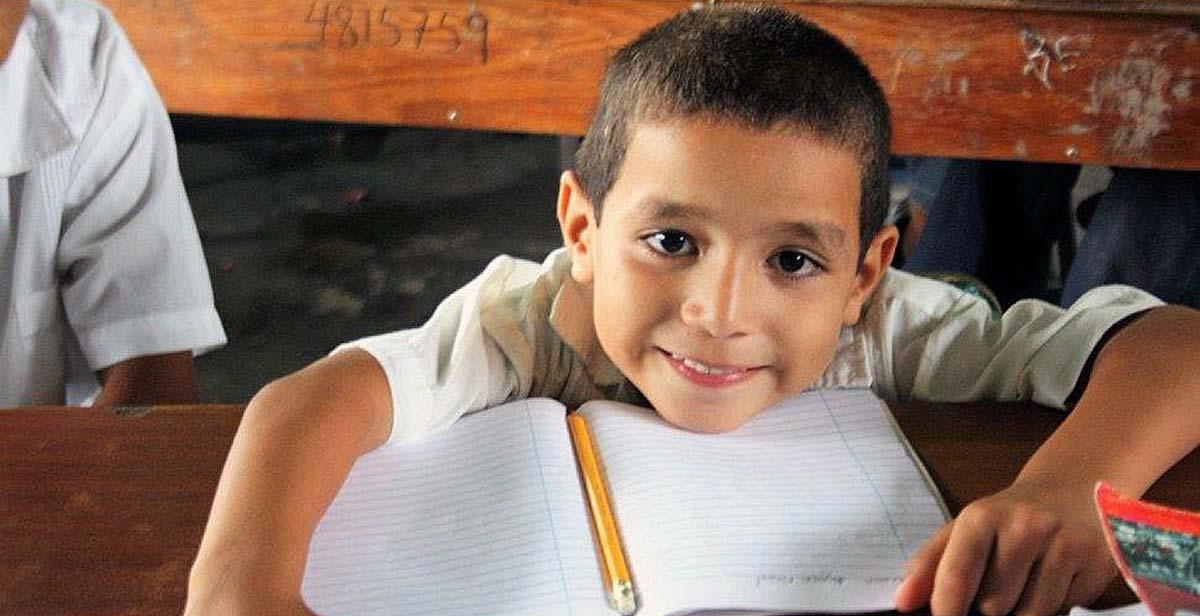The life you are born into is just pure luck. This is something I have been aware of for a long time, most likely for as long as my knowledge of poverty and inequality. The lottery of where you a born, which country, social class, ethnic background, gender, neighbourhood and wealth all in turn have some effect on your future opportunities and the life you will lead. This is the cold truth of the world we live in. However, I have been bought up to believe education is the one factor that can change our future. From a young age, my parents always emphasized the value of education and how vital it is as the first step to building a good life for yourself. They themselves never completed formal education, such as school, and I believe they felt that their lack of qualifications restricted them to becoming unskilled workers when they began their life in England, originally from India. It was their struggles that made them determined to push me to gain academic qualifications, for me to one day have a better life then they had. I know I am very lucky to be from a wealthy country where education is available for all. But I believe I am luckier to be from a country where good quality education is expected for every child, despite their backgrounds. I have been involved in two international volunteering experiences, both working in a school environment, which have broadened my views to how different my life could have been, if I was born somewhere else.
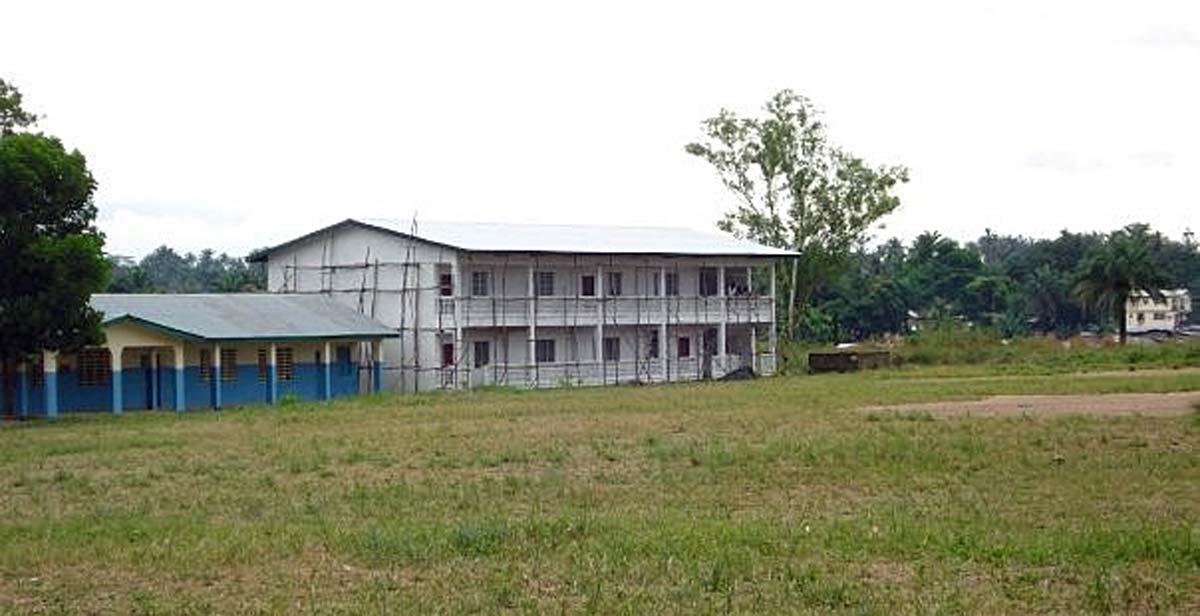 A new building constructed to house the computers within a school in rural Sierra Leone
A new building constructed to house the computers within a school in rural Sierra Leone
My first trip was to Sierra Leone when I was 16, lasting two weeks. The aim of this project was to provide internet access to a rural high school, making it the only place within that village with internet access. We believed with this access, you have the world’s amount of information at a click of a button, an ultimate resource for education. When I returned, I knew this little step would change lives of the pupils attending school, giving them an advantage of being familiar with computers as well as access to unlimited knowledge. However, there were still children from that village who were unable to afford their school fees or had to work to support their family and thus did not attend.
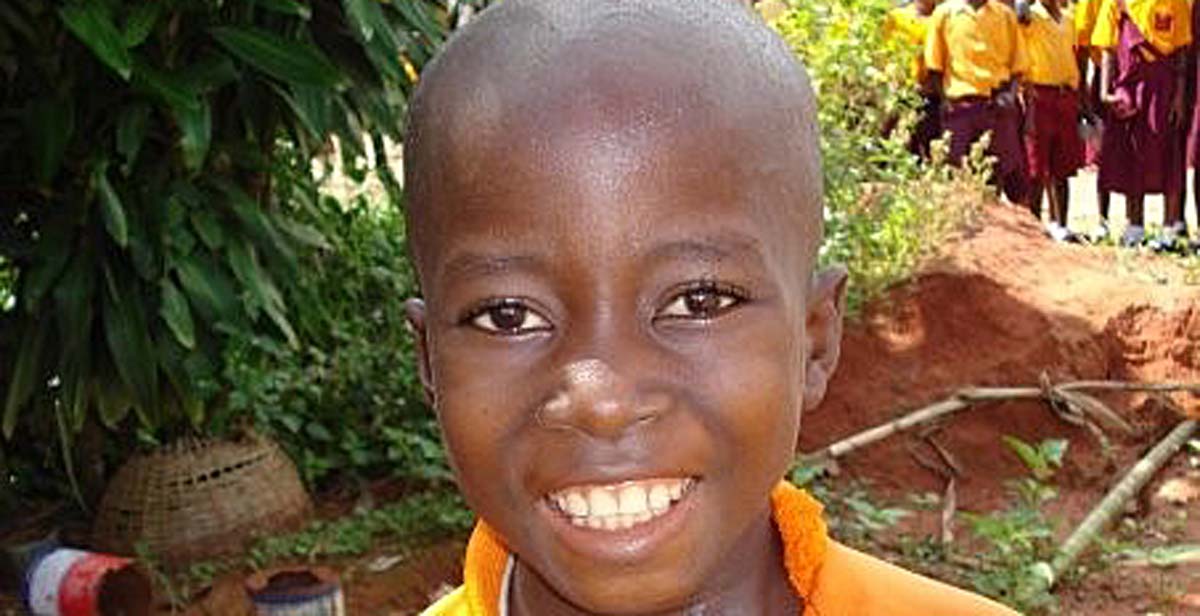 A boy named Steven who could not attend school because he had to sell Kerosene for his ill mother
A boy named Steven who could not attend school because he had to sell Kerosene for his ill mother
Almost seven years later, I took part in a three-month Progressio International Citizen Service placement in Honduras. This time I was working in a primary school, running activity clubs, improving school infrastructure and teaching English to the local community. Whilst there may not have been a devastating civil war like in Sierra Leone, some argue that the high levels of corruption have held back the development in Honduras. Despite education being free and highly valued, it is common for young adults to become involved in gang culture, rather than attend school. Our intentions were to encourage the children to want to stay in school by providing extra-curricular activity clubs, which are more interactive with a hands-on approach to learning. There was a sense of education being the only true alternative to a life of crime for young adults.
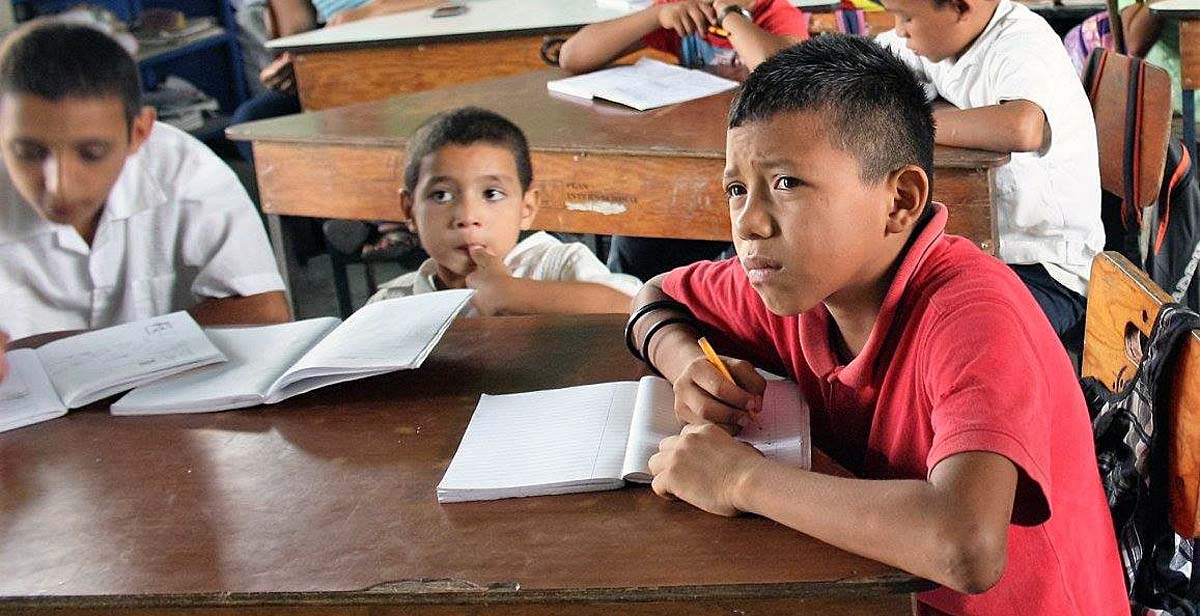 Some of the pupils working hard in discovery club, the science themed activity club
Some of the pupils working hard in discovery club, the science themed activity club
When I returned, I was asked about my placement by friends and family. At first I struggled to say anything beyond it was amazing. But with time, it was the stories of my kids in school that I was most passionate to share. They were smart, wild, funny and witty with big dreams. Some wanting to become scientists, which hit home personally to me as I studied a science degree, and therefore I was teaching a science-themed activity club. But as I think fondly of the children I taught, I can’t help but wonder about the futures of those that I saw who did not attend school regularly and why they didn’t attend. I also found myself describing the school and the reason why we were working at that particular school. The buildings were run down, there wasn’t many resources and the basic infrastructure, such as drainage, toilets and a good water supply, was absent. But the aspect which surprised me the most was that there were only three classrooms for six classes, which meant two classes were taught in the same classroom by one teacher. From being back in England, I would become frustrated about the wastefulness of resources, especially after seeing how schools are struggling in Honduras, which inevitably is affecting the quality of education the pupils could be receiving.
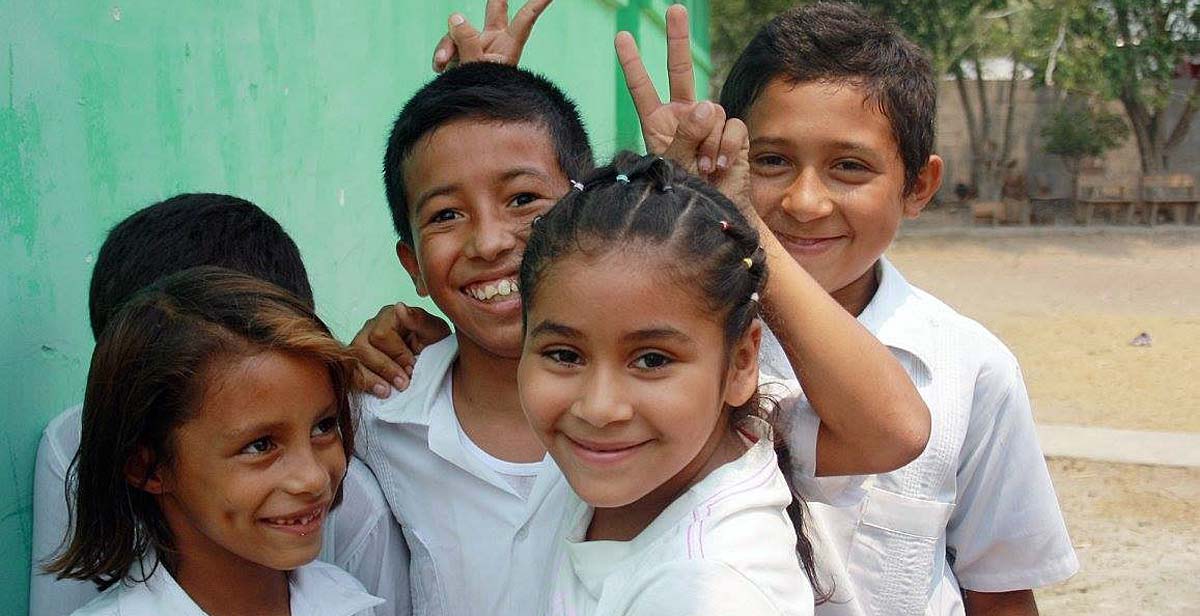 Pupils playing during break time
Pupils playing during break time
My experiences from volunteering has highlighted how important schools are for young people. Not only can they be a safe haven but the knowledge they provide would give the younger generation tools to escape poverty and also provide them with the basic tools to become the leaders and professionals the country will need to eradicate poverty. One team cannot change the world, but together we can make good quality education available for all and not just for those who were born lucky. Happy World Literacy Day!
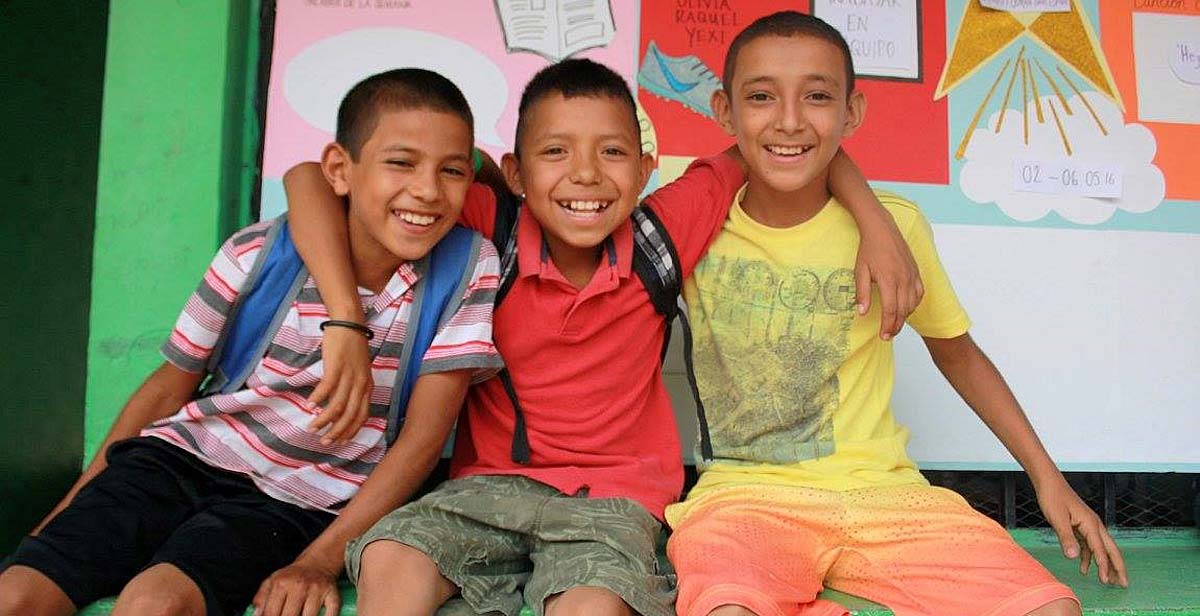 Some of pupils sitting in front of the notice board created for club announcements. The far right child was the one who said he wishes to be a scientist.
Some of pupils sitting in front of the notice board created for club announcements. The far right child was the one who said he wishes to be a scientist.
Written (and photos) by ICS Alumni Dharel Patel (April - June 2016 cycle, San Benito, Honduras)


